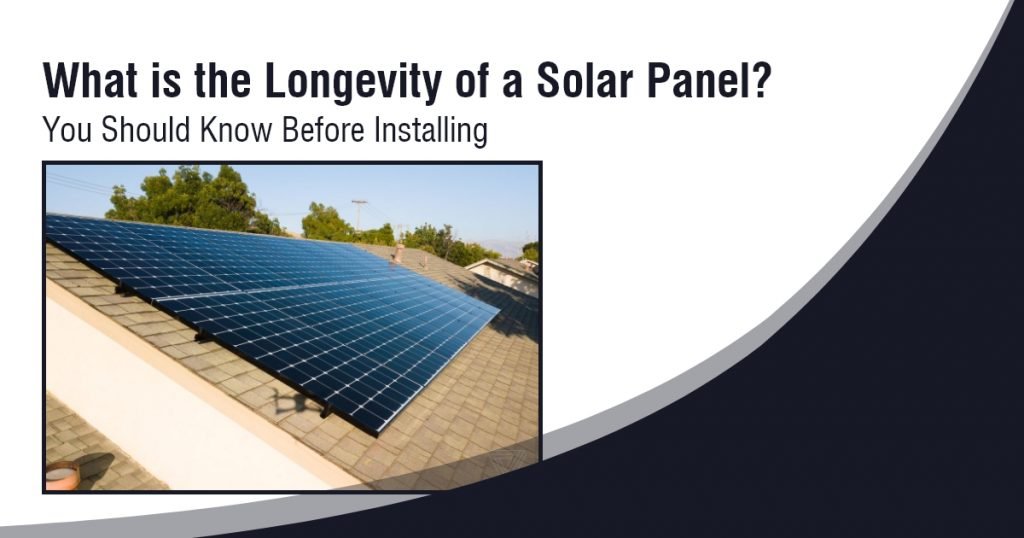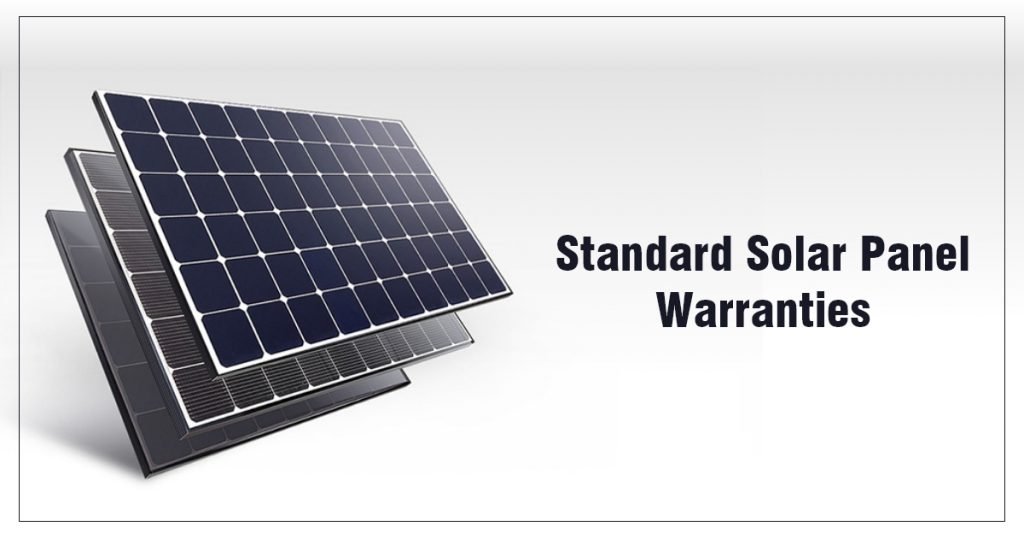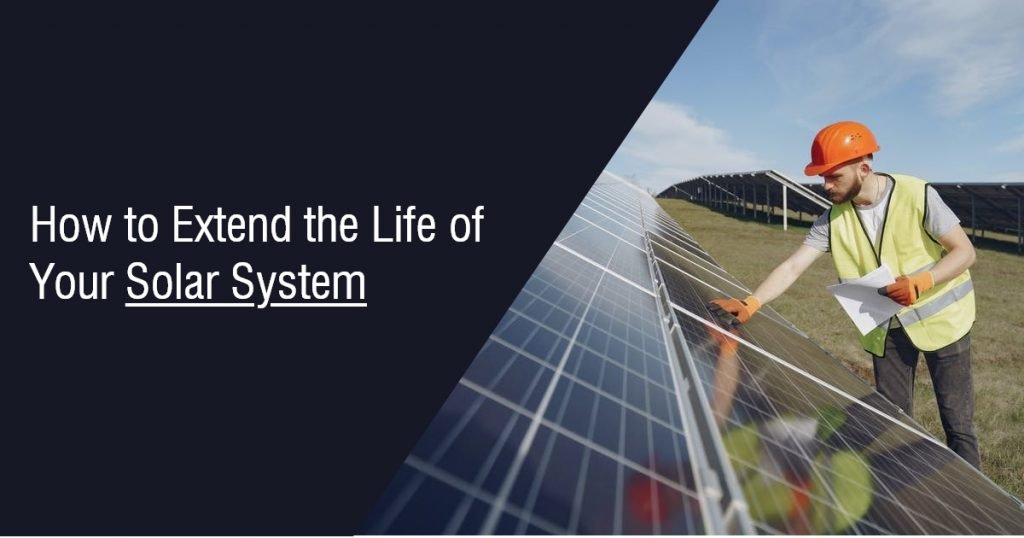What Is the Longevity of a Solar Panel? You Should Know Before Installing.

When it comes to being environmentally conscious and energy-efficient, solar panels are a no-brainer. It’s important to know how long you’ll be able to use photovoltaic panels if you plan to purchase them in the future. But how can you be certain that your panels will last for a long time, what is the lifespan of solar panels?
Let’s find out –
How long do solar panels last?
The average life of solar panels is 25 to 30 years on average. This does not, however, imply that they will stop producing electricity after 25 years; rather, it indicates that energy production has decreased by a significant amount, as determined by the manufacturers.
Solar panels last for decades; if they don’t get damage by wind, debris, or other external factors. This is due to the fact that solar panels have no moving parts and are only damaged by external forces such as poor racking or bad weather.
Standard Solar Panel Warranties

Solar panels typically come with a 25-year warranty. Manufacturers guarantee that panels will operate at or near peak efficiency during this time. Over the course of the warranty; most panels are guarantee to produce at least 80% of their rate output.
For instance, at the end of a 25-year warranty, a 300 watt panel should produce at least 240 watts (80% of its rated output). Some companies offer 30-year warranties or claim to be 85% efficient, but these are the exceptions. The industry standard is the lifespan of solar panels batteries 25 years at 80% efficiency.
Also Read: – Beginners Guide to Know About Commercial Solar Battery Storage.
A separate workmanship warranty includes; with solar panels to cover any manufacturing flaws, such as a faulty junction box or frame. The workmanship warranty is typically 10 years, though some manufacturers offer a 20-year warranty.
The key factor in making solar panels last: panel degradation rate
According to a 2012 study by the National Renewable Energy Laboratory (NREL), solar panel output decreases by 0.8 percent each year on average. The solar panel degradation rate is the term for this rate of decline.
- Solar panel degradation rates are steadily improving as solar panel technology improves, and degradation rates of less than 1% are now commonplace across the industry.
- With a 0.8 percent degradation rate, your panels will operate at 99.2 percent of their original output in year two, and at 82.5 percent by the end of their 25-year “useful lifespan.”
The cause of degradation –
Extreme climate crystalline silicon modules degrade at a faster rate than moderate climate crystalline silicon modules. Panels that were subjected to heavy snow and wind tended to suffer the most in extremely cold climates. Similarly, when the snow load was removed from a façade in the same climate, the panels showed very low rates of degradation.
Solar panels in desert climates, on the other hand, have shown significant reductions in production over time (close to 1% per year) due to high levels of UV exposure.
How to Extend the Life of Your Solar System

Keep in mind that your solar panels will most likely be the most durable part of your system. To keep everything running, you’ll need to maintain or replace inverters and batteries.
Inverters have a shorter lifespan than panels and, regardless of the type of system you have, will need to be replaced. If you’re off the grid (or grid-tied with a battery backup), battery maintenance and replacement will be an ongoing expense.
The best way to protect your investment is to thoroughly inspect the system after it is installed. Make sure the panels and wiring in your racking are secure. Physical damage or electrical failure due to poor installation are the most serious threats to the life of your panels.
How you can maintain solar panel –
You can expect to enjoy your solar panels for the full length of their estimated lifespan if you maintain them properly. There are a few options for doing so, all of which will aid in maintaining high levels of efficiency.
While solar panels should be self-sufficient after installation, a clean once a year (or twice a year) can really help them stay in good shape. It’s important to remember that you only need to clean your solar panels once or twice a year, but if there hasn’t been any rain in a while, you might want to give them an extra once-over. The best to maintain solar is hire professional service; and most of the time maintenance is include with; solar panels installation cost in fresno.
Also Read: – How Much Do Solar Panels Cost in Fresno, California.
Winding up –
It’s unlikely that you’ll have to replace your solar panels before the warranty expires. Solar panels are built to last a long time, even longer than the rest of the system. However, if your system’s efficiency drops, it may no longer be able to meet your energy needs. Get in touch with a leading solar panel installation company in Fresno, to make sure you solar last really long.